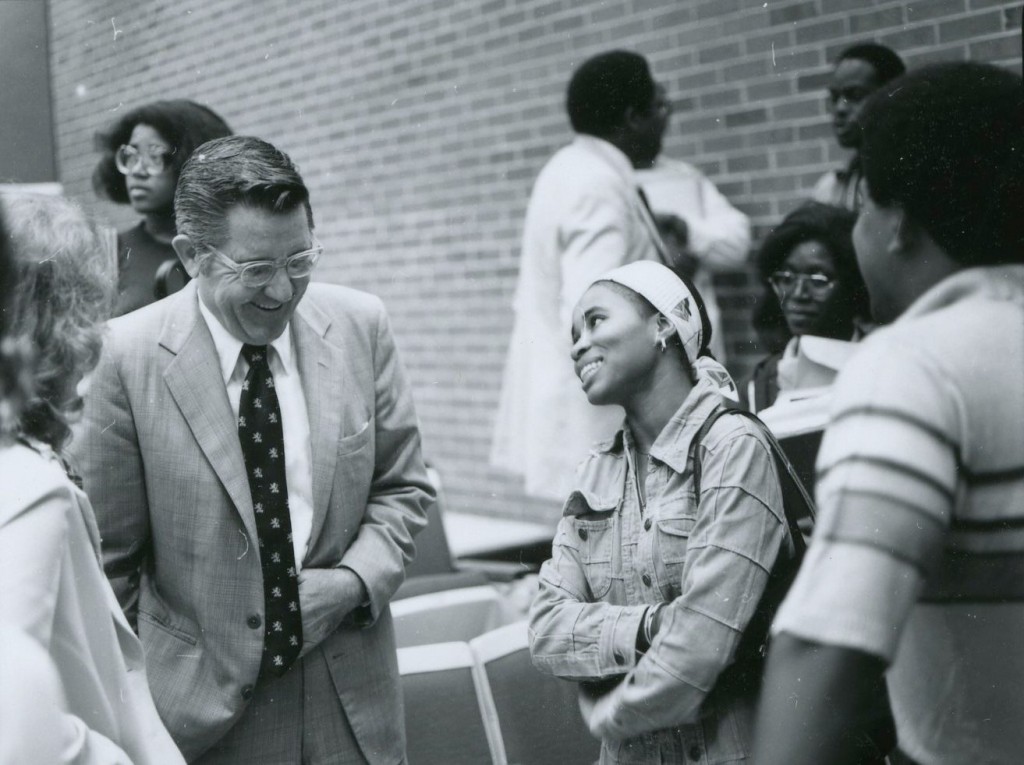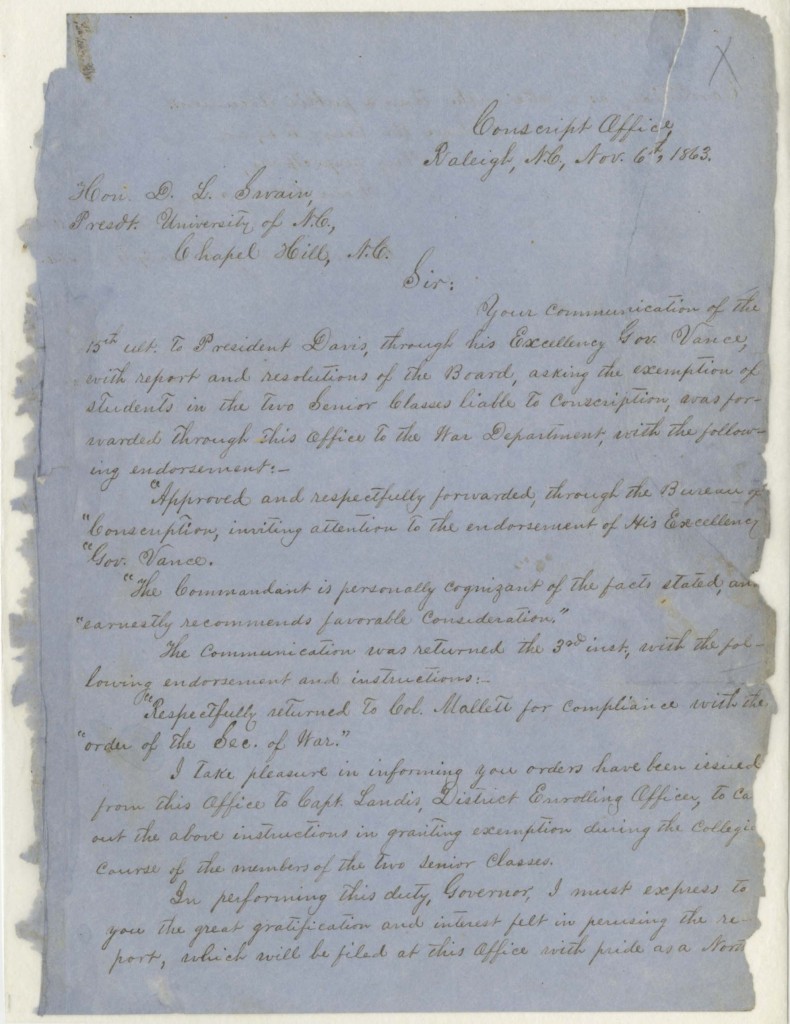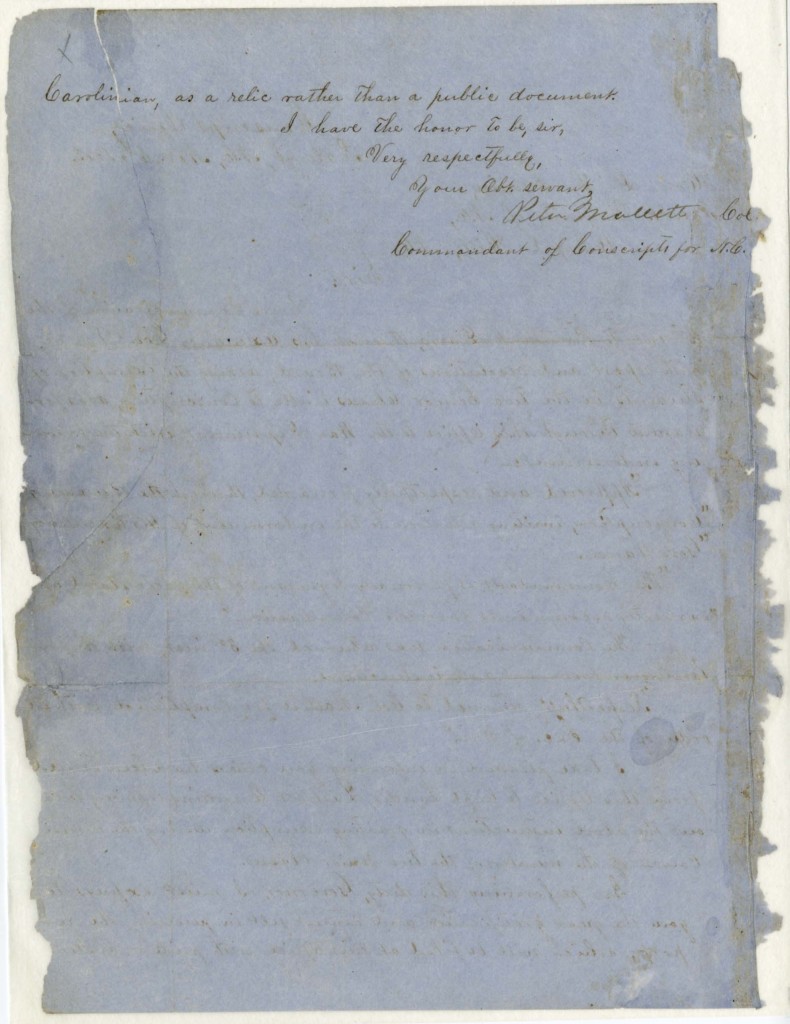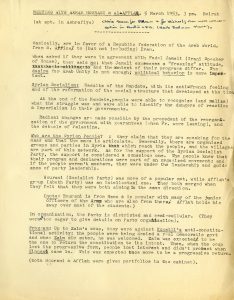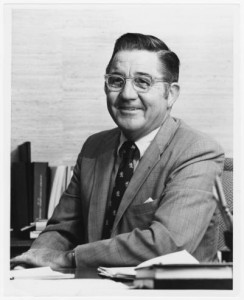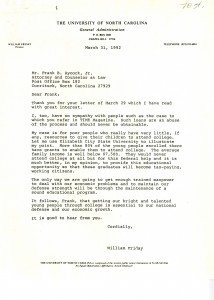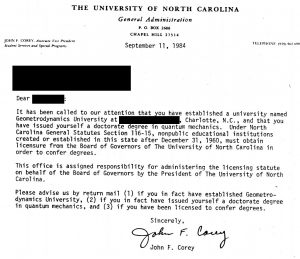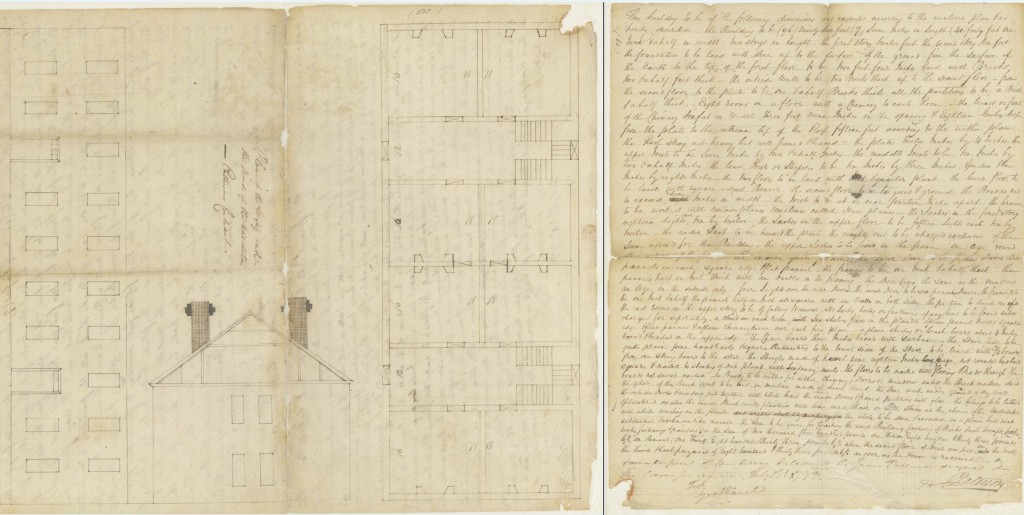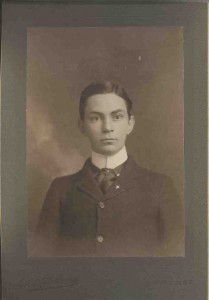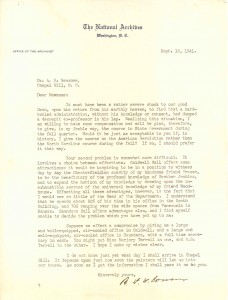When WUNC began airing NPR’s Morning Edition in 1980, it wasn’t the first time newscaster Carl Kasell’s famous voice had gone out on the station’s airwaves. In fact, when WUNC was dedicated as a student-run FM station in 1953, Kasell … Continue reading →
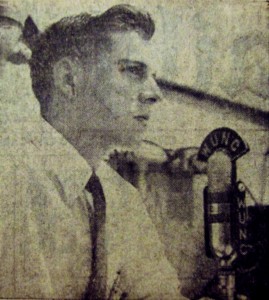
Carl Kasell in the Daily Tar Heel, January 19, 1955 (The Daily Tar Heel, North Carolina Collection, Wilson Library)
When WUNC began airing NPR’s Morning Edition in 1980, it wasn’t the first time newscaster Carl Kasell’s famous voice had gone out on the station’s airwaves. In fact, when WUNC was dedicated as a student-run FM station in 1953, Kasell (class of 1956) was part of its first staff. Kasell, who retired from Morning Edition in 2009 and now serves as the official judge and scorekeeper of NPR’s popular quiz show Wait Wait…Don’t Tell Me! is returning to UNC next week to discuss his life and career in “An Evening With Carl Kasell.”
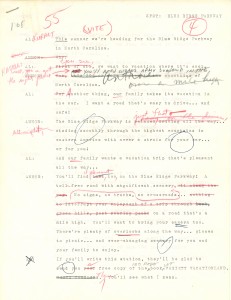
Script for a “Variety Vacationland” ad performed by Carl Kasell and Charles Kuralt in 1953 (Department of Radio, Motion Pictures, and Television Records #40086, University Archives, Wilson Library)
As an announcer and operations manager for the WUNC, Kasell spent much of his time on campus in Swain Hall, where WUNC operated from its founding until 1999. He lent his voice to programs including American Adventure, a series broadcast nationally by NBC in 1955. He announced upcoming segments, played parts in advertisements, and read news (including the outcomes of UNC basketball games).
In 1955, Kasell helped to engineer what was perhaps the first stereo broadcast on radio. While broadcasting a musical performance, WUNC collaborated with local station WCHL to set up a microphone on either side of the performers–one broadcasting to WUNC and the other to WCHL. Listeners were advised to turn on two radios on either side of a room, one tuned in to WUNC and the other to WCHL, and this created a stereo effect.
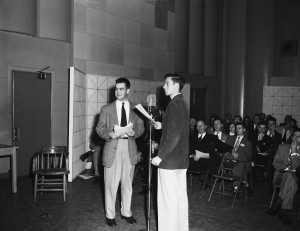
Charles Kuralt (l) and Carl Kasell (r) at the WUNC Dedication, March 13, 1953 (University of North Carolina Photographic Lab Collection #P0031, North Carolina Collection Photographic Archive, Wilson Library)
Join us Tuesday for “An Evening with Carl Kasell” at the Genome Sciences Building. Materials from University Archives related to Kasell’s time at WUNC–including photos, newspaper clippings, scripts, and more–will be on display during the reception preceding the program. The event is free and open to the public. The reception begins at 5:00, to be followed by the program at 5:30.
Event details for “An Evening With Carl Kasell”

 Great football moments from UNC’s past will come to the screen with an encore showing of Gridiron Glory in WIlson Library before the UNC-Virginia game. Continue reading
Great football moments from UNC’s past will come to the screen with an encore showing of Gridiron Glory in WIlson Library before the UNC-Virginia game. Continue reading
